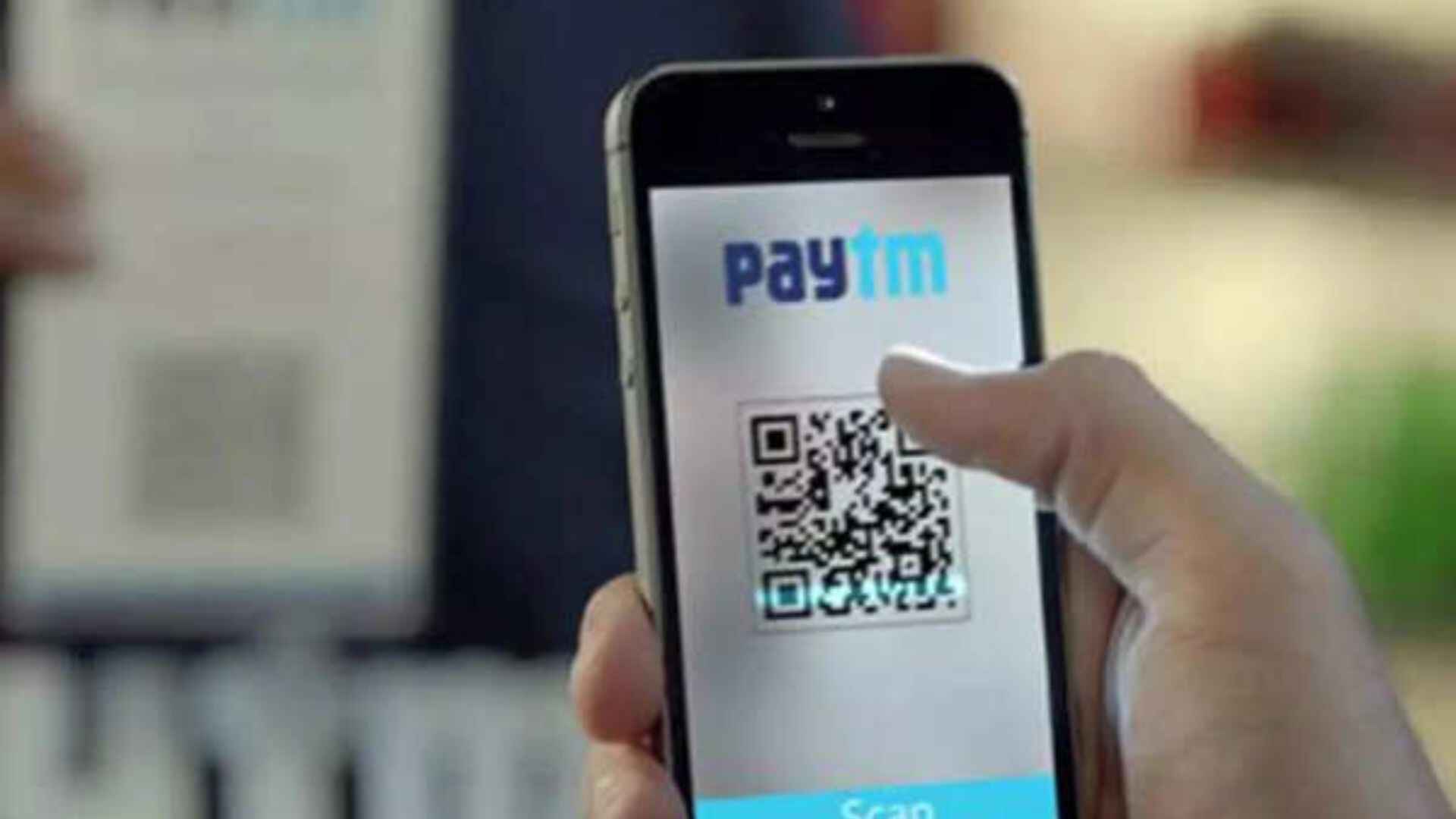The Reserve Bank of India (RBI) has announced a significant increase in the transaction limit for tax payments through UPI, raising it from ₹1 lakh to ₹5 lakh per transaction. This move, expected to simplify the process of making larger tax payments digitally, was revealed by RBI Governor Shaktikanta Das during the 50th meeting of the Monetary Policy Committee. He mentioned that this increase “will further ease tax payments by consumers through UPI.”
In addition to this, the RBI has introduced a new feature called “Delegated Payments” to UPI. This feature enables a primary user to authorize another individual, referred to as a secondary user, to make UPI transactions from the primary user’s bank account, within a pre-set limit. Governor Das explained that this feature allows the secondary user to conduct transactions without needing a separate bank account linked to UPI. It is anticipated that this innovation will drive UPI adoption, especially among groups such as children and senior citizens who may not have their own bank accounts connected to UPI.
Dilip Asbe, CEO of the National Payments Corporation of India (NPCI), which manages UPI, highlighted the continuous evolution of payment systems in India by commenting on social media, “Never a dull moment for payment systems in India.” Meanwhile, PhonePe co-founder Sameer Nigam lauded the Delegated Payments feature, stating that it “will significantly accelerate UPI adoption by the next 300-400 million Indians.”







